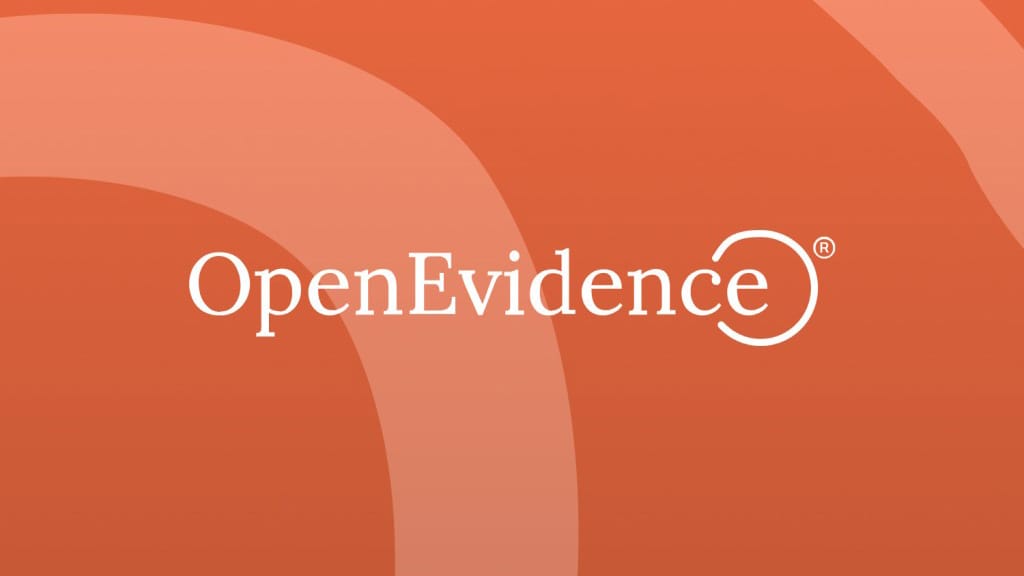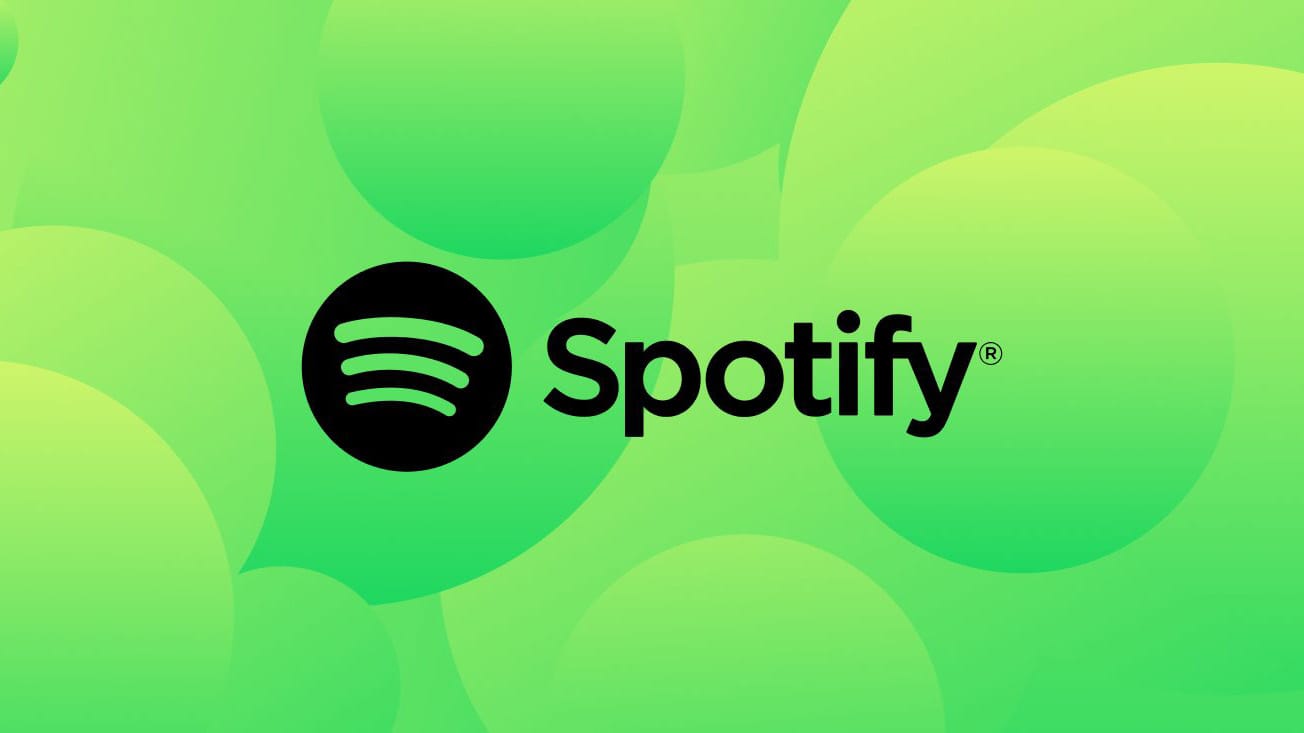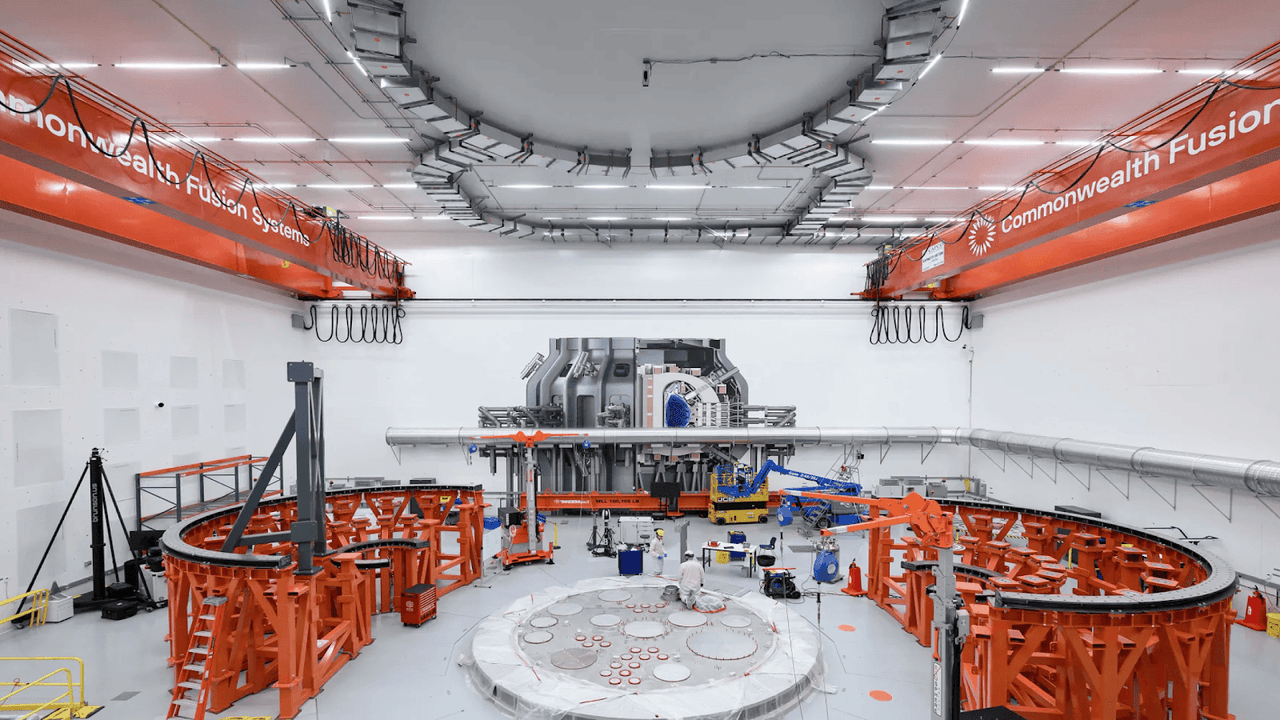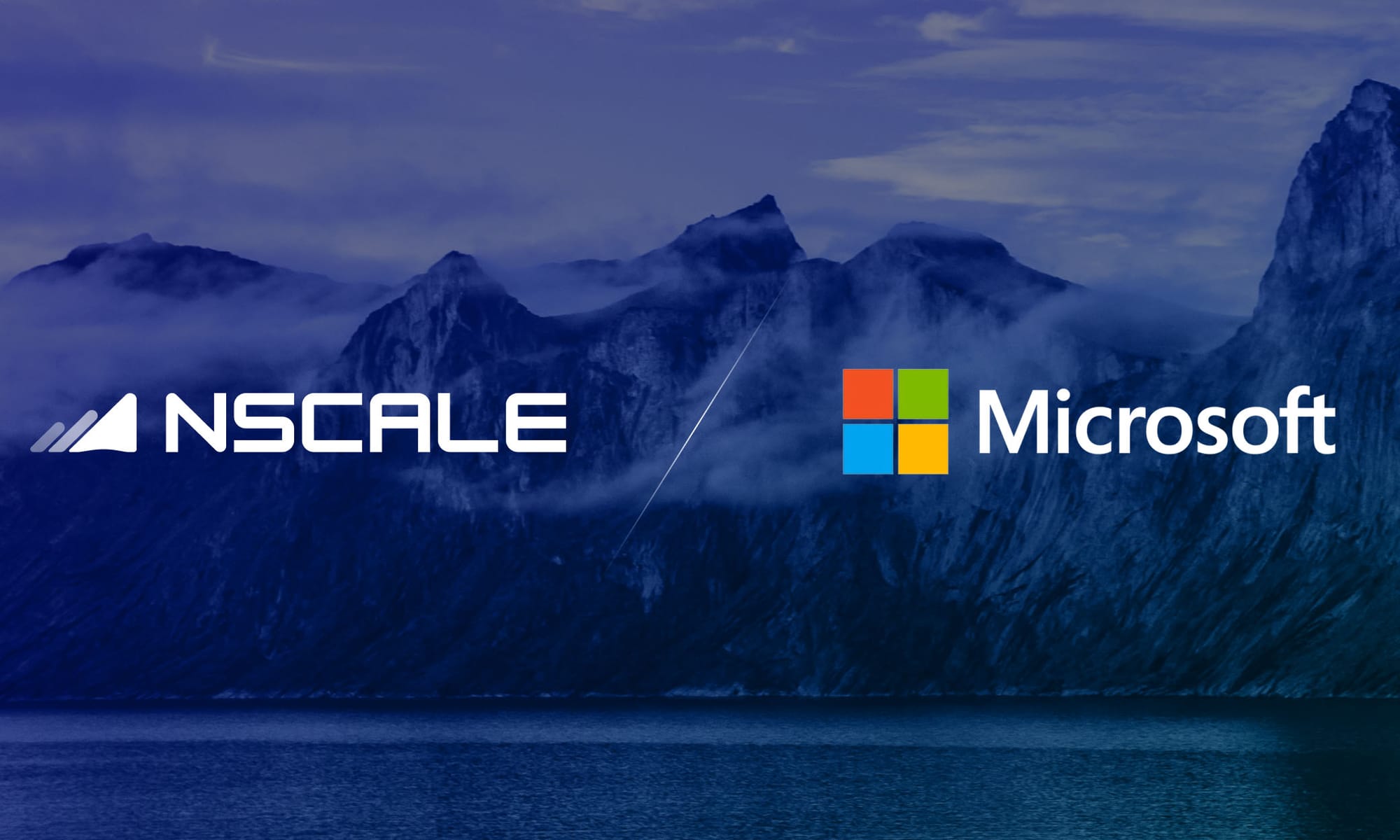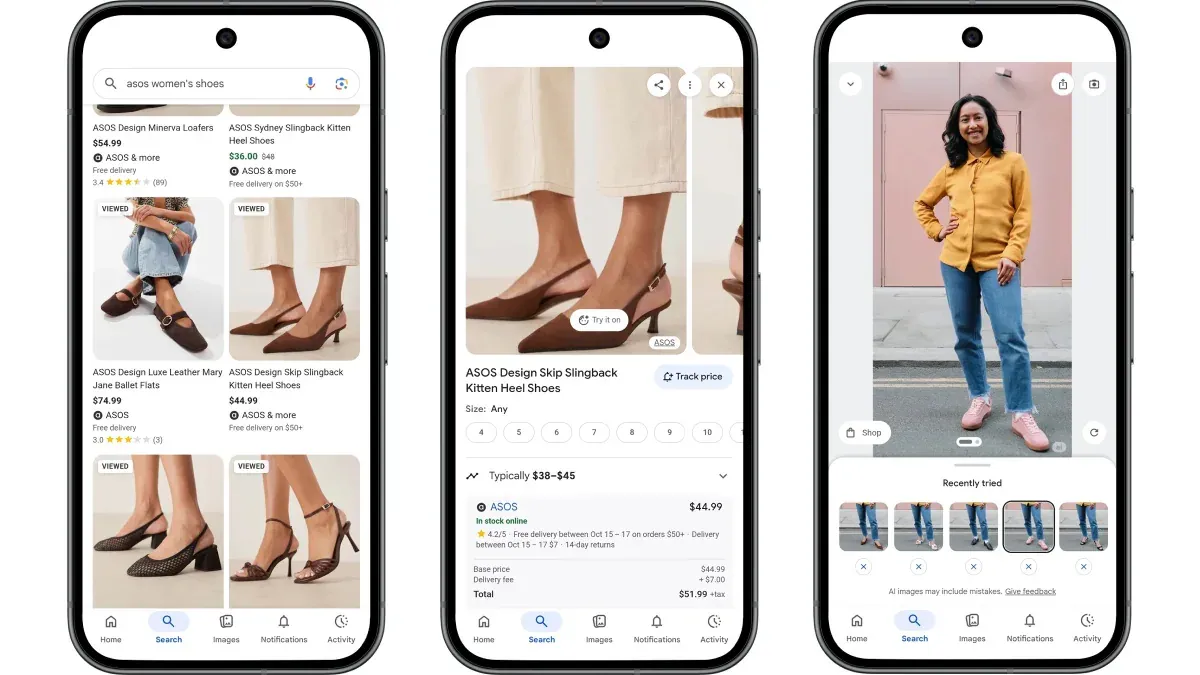Insight OpenAI's Latest Legal Victory: The Battle Isn't Over Yet
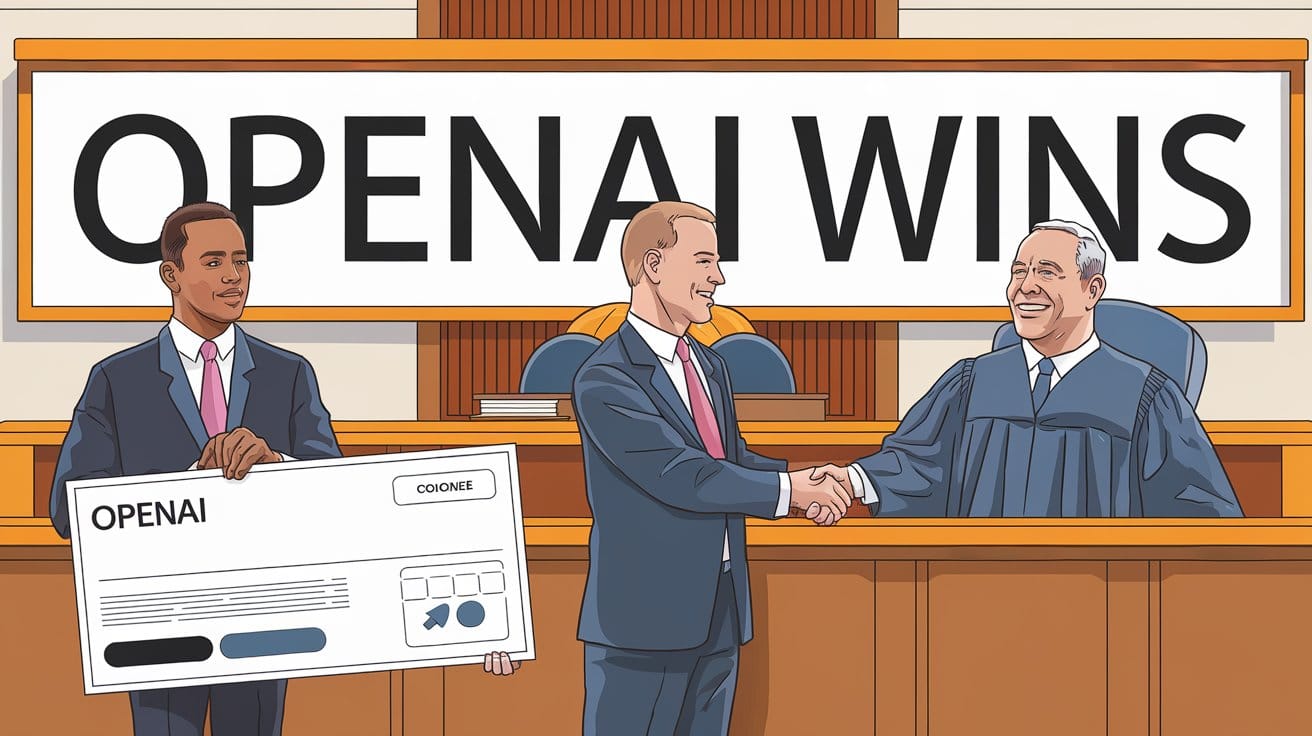
In a significant development in the realm of AI and intellectual property law, OpenAI has recently emerged victorious in a high-profile copyright case. This case has been closely watched by legal experts, tech companies, and content creators alike, as it addresses the complex intersection of AI technology and copyright law. The ruling, delivered by a federal court, has been hailed as a landmark decision that could set a precedent for future cases involving AI-generated content.
As the implications of this case continue to unfold, how will this ruling affect the future of AI and copyright law?
Overview of the Copyright Case Involving OpenAI
The copyright case involving OpenAI, brought by the media outlets Raw Story and AlterNet, centers on allegations of copyright infringement related to the use of copyrighted material in training datasets for generative AI products like ChatGPT. The plaintiffs claimed that OpenAI violated the Digital Millennium Copyright Act (DMCA) by removing copyright management information (CMI) from their articles, which includes details such as article titles and author names. This removal, they argued, constituted a violation of copyright law and posed a risk of their content being reproduced verbatim by OpenAI's models.
OpenAI filed a motion to dismiss the case, arguing that the plaintiffs lacked standing because they failed to demonstrate any concrete harm resulting from the alleged removal of CMI. The company contended that the plaintiffs did not provide evidence that their specific content was used in training the AI models or that any harm had occurred due to this use.
Judge Colleen McMahon of the Southern District of New York agreed with OpenAI's position, dismissing the lawsuit on the grounds of lack of standing. The judge noted that the plaintiffs had not alleged any actual adverse effects stemming from the alleged DMCA violation, thus failing to establish a concrete injury necessary for standing in federal court.
The dismissal of the case represents a significant legal victory for OpenAI, as it sets a precedent regarding the standing requirements in copyright cases involving AI training datasets. The ruling suggests that plaintiffs must provide specific evidence of harm or infringement resulting from the use of their content in AI training to establish standing. This decision could influence the outcome of similar lawsuits against AI companies, where plaintiffs allege copyright infringement without demonstrating concrete harm.
However, the court's decision to dismiss the case without prejudice leaves the door open for the plaintiffs to file an amended complaint. This means that Raw Story and AlterNet could potentially refile their lawsuit if they can provide more substantial evidence of harm or infringement.
The case against OpenAI is part of a broader wave of copyright lawsuits targeting AI companies. These lawsuits often involve claims of direct copyright infringement, arguing that it is illegal for AI companies to use copyrighted materials without permission for training their models. The legal landscape is further complicated by the application of the DMCA, which was originally intended as an anti-piracy statute but is now being used in the context of AI and intellectual property rights.
In addition to the case brought by Raw Story and AlterNet, OpenAI faces other lawsuits, including one from The New York Times and another involving the Authors Guild. These cases highlight the ongoing legal challenges AI companies face as they navigate the complexities of copyright law in the digital age.
Legal experts have expressed differing opinions on the viability of DMCA claims in the context of AI. Some, like Matthew Sag, a professor of law and artificial intelligence, argue that such claims lack merit without concrete examples of infringement. Others, like Ann G. Fort, an intellectual property lawyer, suggest that plaintiffs will need to provide specific examples of how AI models produce infringing content to succeed in court.
Analysis of the Court's Decision and Its Implications
The dismissal of the copyright lawsuit brought by Raw Story Media, Inc. and AlterNet Media, Inc. against OpenAI by the Southern District of New York was primarily based on the lack of standing. Judge Colleen McMahon ruled that the plaintiffs failed to demonstrate a concrete, actual injury resulting from OpenAI's actions, which is a fundamental requirement under Article III of the U.S. Constitution for a lawsuit to proceed. The court found that the removal of copyright management information (CMI) from the plaintiffs' articles, without further dissemination of those works, did not constitute an adverse effect necessary to establish standing.
The lawsuit centered around Section 1202(b) of the Digital Millennium Copyright Act (DMCA), which prohibits the removal or alteration of CMI without authorization, especially if such actions facilitate copyright infringement. The plaintiffs alleged that OpenAI used their articles for training its models without preserving CMI, thus violating this provision. However, the court's decision highlighted the evidentiary burden on plaintiffs to prove that the removal of CMI directly led to copyright infringement, which was not sufficiently demonstrated in this case.
The ruling has significant implications for the intersection of AI technology and copyright law. It suggests that without clear evidence of harm or exact reproduction, plaintiffs may face challenges in bringing similar claims to court. This decision could set a precedent for future cases involving generative AI and the use of copyrighted material in training datasets. The court's acknowledgment of the evolving nature of large language models (LLMs) and their iterative improvements further complicates the attribution and traceability of content, making it less likely for content to be reproduced verbatim.
The decision is seen as a victory for AI companies like OpenAI, which rely on vast amounts of publicly available data to train their models. OpenAI argued that its use of data is protected by fair use and related principles, which are crucial for innovation and competitiveness in the AI industry. However, this ruling may also raise concerns among content creators about the potential for AI-generated works to flood the market, potentially undermining the value of human-created content.
Despite the dismissal, the fight over copyright and AI is far from over. The plaintiffs' counsel expressed confidence in addressing the issues identified by the court through an amended complaint, indicating that similar claims may continue to surface. Additionally, the ongoing case between OpenAI and The New York Times could further shape the legal landscape regarding the use of copyrighted material in AI training datasets.
The outcome of these cases could lead to stricter regulations around the use of copyrighted material in AI development, forcing companies to rethink their approach to AI-generated content. Conversely, rulings in favor of AI companies could encourage more widespread use of AI across creative industries, raising concerns about the potential for AI-generated works to dominate the market.
Future Outlook
The recent copyright case involving OpenAI has set a significant precedent in the realm of artificial intelligence and copyright law. However, the decision's implications are not without potential challenges. One of the primary concerns is the interpretation of copyright law as it applies to AI-generated content. The court's decision may have relied on existing legal frameworks that do not fully account for the nuances of AI technology. This could lead to future legal disputes as courts attempt to apply traditional copyright principles to AI-generated works.
Moreover, the decision may not address the complexities of AI models that are trained on copyrighted material. The question of whether AI models infringe on copyright by using such material remains largely unresolved. This ambiguity could result in further litigation as content creators seek to protect their intellectual property rights against AI companies.
As AI technology continues to evolve, the legal system faces the challenge of keeping pace with these advancements. The rapid development of AI models, such as those used by OpenAI, necessitates a reevaluation of existing copyright laws. Current legal frameworks may not adequately address the unique characteristics of AI-generated content, such as the lack of a human author and the potential for AI to create works that are indistinguishable from those created by humans.
The legal community must consider how to adapt copyright laws to accommodate these technological changes. This may involve creating new legal standards specifically for AI-generated content or modifying existing laws to better reflect the realities of AI technology. Without such adaptations, the legal system risks becoming obsolete in the face of rapid technological progress.
The court's decision in the OpenAI case has significant economic implications for both AI companies and the creative industries. For AI companies, the ruling may provide a degree of legal certainty, encouraging further investment and innovation in AI technology. However, this could also lead to increased competition and pressure to develop more advanced AI models, potentially driving up costs and barriers to entry for smaller companies.
Conversely, the decision may have a chilling effect on the creative industries, as content creators may feel their works are vulnerable to unauthorized use by AI models. This could lead to a decrease in the production of original content, as creators may be less willing to invest time and resources into works that could be easily replicated by AI. The economic impact of this shift could be substantial, affecting not only individual creators but also industries reliant on creative content, such as publishing, music, and film.
The global nature of AI technology presents additional challenges in terms of international copyright law. Different countries have varying legal standards and approaches to copyright, which can create inconsistencies and legal uncertainties for AI companies operating across borders. The OpenAI case highlights the need for international cooperation and harmonization of copyright laws to address the unique challenges posed by AI technology.
Efforts to harmonize international copyright laws could involve the development of treaties or agreements that establish common standards for AI-generated content. Such initiatives would require collaboration between governments, international organizations, and industry stakeholders to ensure that the legal framework supports innovation while protecting the rights of creators worldwide.
In conclusion, while the recent court decision represents a significant development in the intersection of AI and copyright law, it also raises numerous challenges and considerations for the future. Legal, economic, ethical, and international perspectives must all be taken into account to ensure that the legal system can effectively address the complexities of AI technology and its impact on copyright law.

